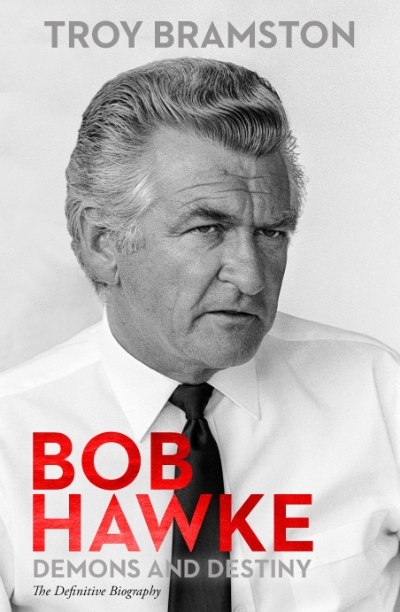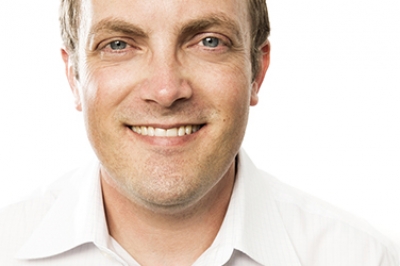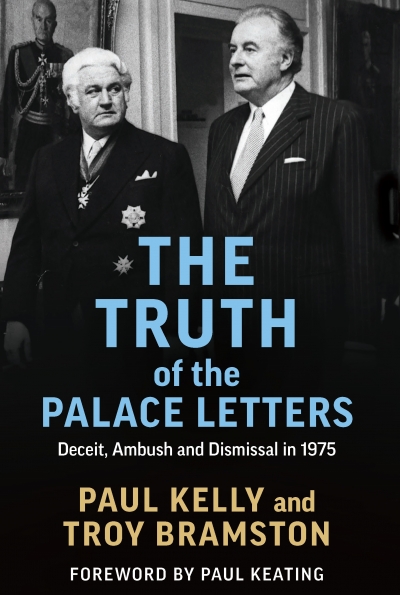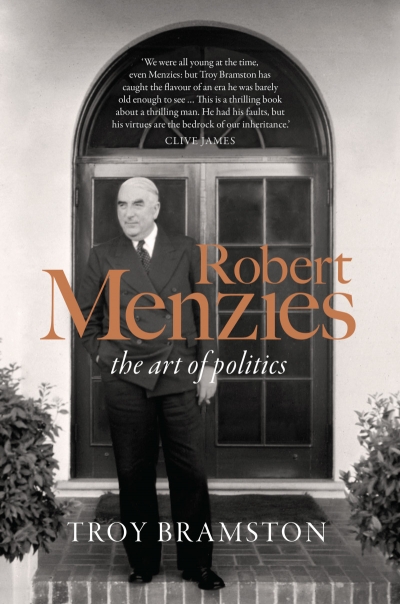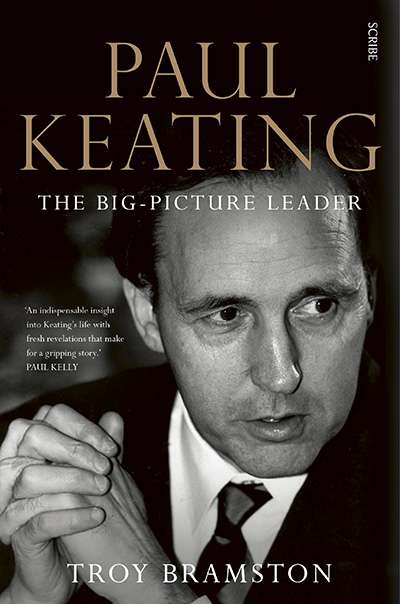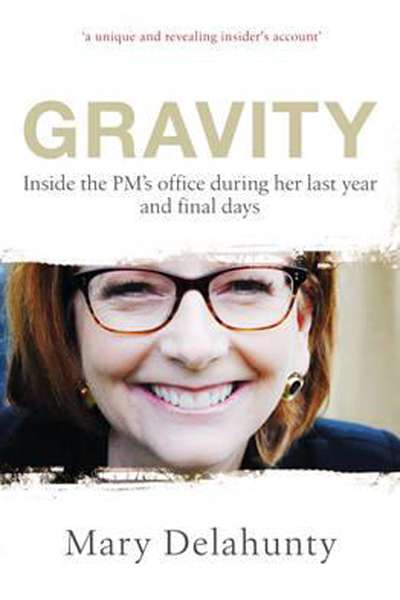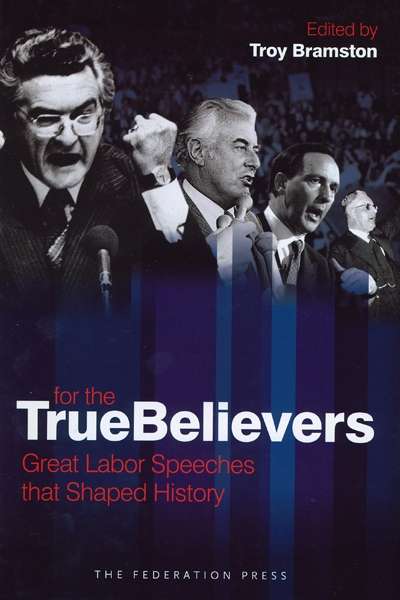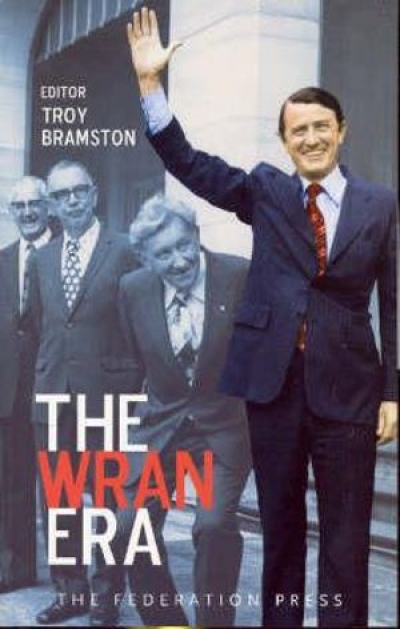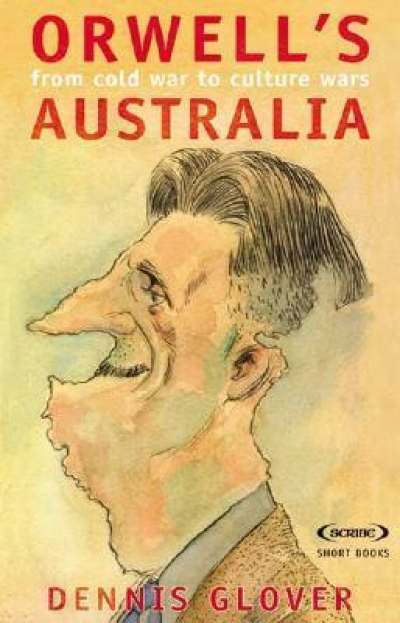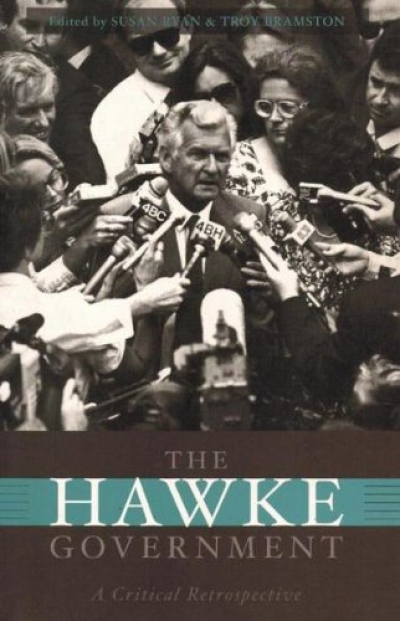Troy Bramston
Troy Bramston has been a senior writer and columnist with The Australian newspaper since 2011. He was previously a columnist with the Sunday Telegraph. He is the author or editor of eleven books, including Robert Menzies: The art of politics (2019) and Paul Keating: The big-picture leader (2016), and he co-authored The Truth of the Palace Letters (2020) and The Dismissal (2015) with Paul Kelly. His most recent book is Bob Hawke: Demons and destiny (2022).
... (read more)The Truth of the Palace Letters by Paul Kelly and Troy Bramston & The Palace Letters by Jenny Hocking
by Jon Piccini •
Gravity by Mary Delahunty & Rudd, Gillard and Beyond by Troy Bramston
by Joel Deane •
For the True Believers: Great Labor speeches that shaped history edited by Troy Bramston
by Lyndon Megarrity •
Orwell's Australia: From cold war to culture wars by Dennis Glover
by Troy Bramston •
The Hawke Government: A critical retrospective edited by Susan Ryan and Troy Bramston
by James Walter •

